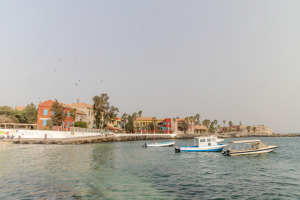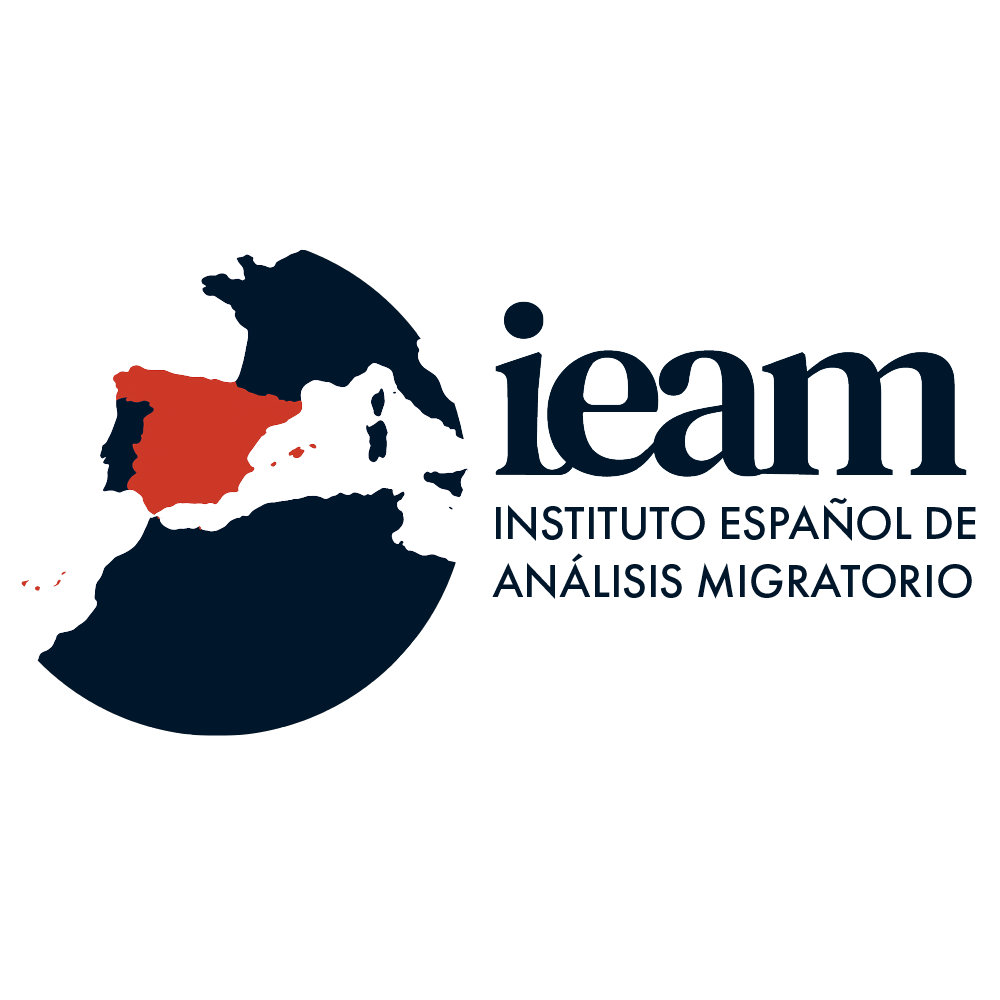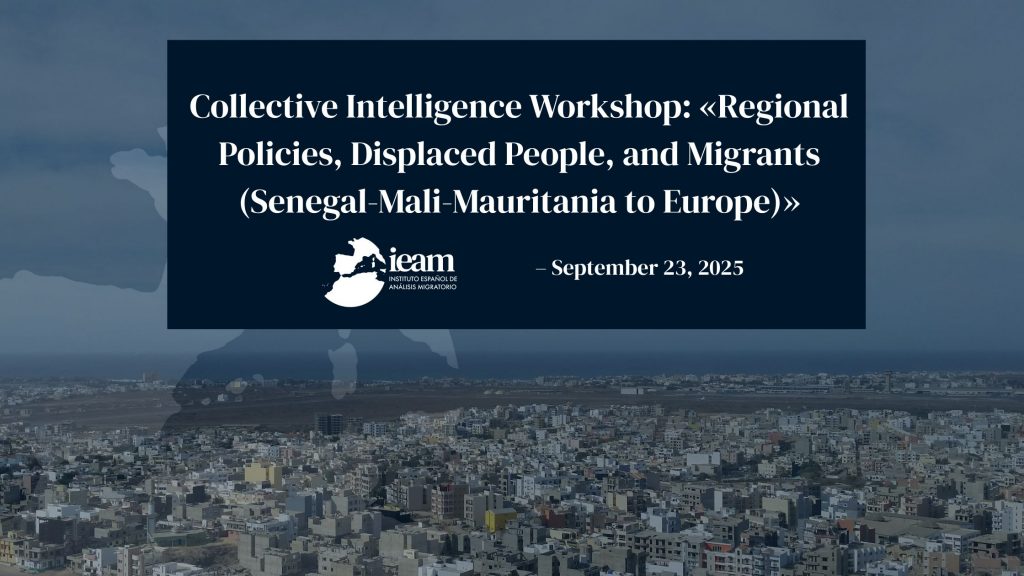Context and Rationale
The Atlantic route from West Africa has once again become one of the main entry points into the EU, with a marked increase in arrivals to the Canary Islands from 2023–2024 and a diversification of profiles (youth, women, children, and new countries of origin). Departures have intensified along the coasts of Senegal and Mauritania. Among the migrants taking this route, Malians constitute the largest nationality group.
Regional dynamics have evolved (security adjustments in the Sahel, reconfiguration of integration frameworks, bilateral operational agreements). This affects intraregional freedom of movement, local economies, and the strategies of trafficking networks.
In response to these challenges, the Spanish Institute for Migration Studies (IEAM) is organizing a co-creation workshop in Dakar (Senegal), which will bring together key actors (researchers, the international community, diaspora representatives, humanitarian organizations, and government officials) to develop concrete recommendations and pilot projects for orderly mobility that respect human dignity.

Objective
To collaboratively develop an updated diagnosis of mobility dynamics across Senegal–Mali–Mauritania–Europe, identify monitoring points (short-term foresight), and agree on operational recommendations for NGOs, international organizations, local and national authorities, and particularly affected European partners (EU, Spain).
Expected Outcomes
a. Policy Paper: Summarizing discussion conclusions and recommendations by type of actor: local and national authorities; international organizations, NGOs, and civil society; private sector; diasporas and local communities; as well as key regions such as the European Union and Spain.
b. Audience and Stakeholders: The target audience will consist of a small core group of public, international, community, and private actors engaged in mobility in West Africa. Participants will include researchers, government representatives, international agencies and delegations, civil society organizations, diaspora representatives, businesses, humanitarian organizations, and others. Each participant will contribute data, field insights, or decision-making mandates to co-produce pragmatic guidance and a shared roadmap.
This “collective intelligence workshop” is closed and will be conducted under the Chatham House rule.
For more information: beatriz.deleoncobo@ieam.es


